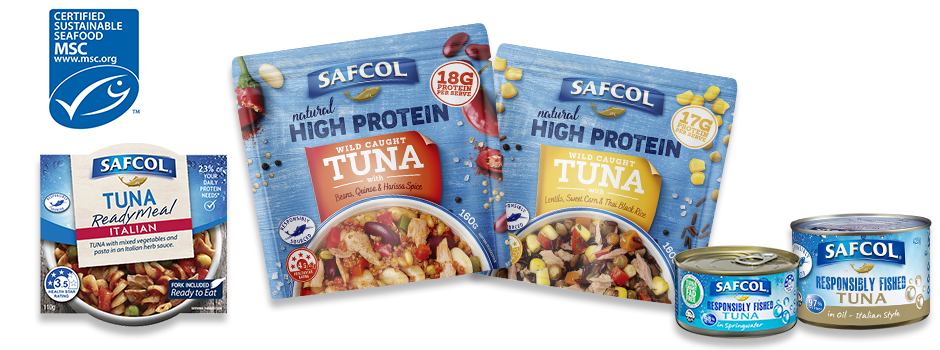How Gender Influences Gut Microbiome
Posted on : August 30, 2022
by Ashleigh Feltham Accredited Practising Dietitian and Accredited Nutritionist
There are many factors that influence the microorganisms that live in your gut. Some of these factors include age, exercise, stress and diet, and also gender.
Women tend to have more microbes with a bacteria-to-human cell ratio of 1.3. Men have a lower bacteria-to-human cell ratio of 2.2.
The gut microbiome is defined in the Encyclopedia of Cell Biology as ‘the collection of microorganisms including bacteria, archaea, viruses, and fungi found within the gut and their overall genetic information.’
Everyone has a different diversity and number of different microorganisms. Your gut microbiome is as unique to you as your fingerprint. The gut microbiome metabolises or breaks down androgens and estrogen. It also plays a role in excreting and circulating sex hormones. As such, the name ‘microgenderome’ has been proposed.
Gender seems to be one reason why certain gastrointestinal diseases are more common in women than in men, such as inflammatory bowel disease, colon cancer and irritable bowel syndrome. 
In one study, it was found that when men were given a high-fat diet, the microbes that increased differed from those of women on the same high-fat diet. The men had an increase in Lactobacillus, Alistipes, Clostridium and Lachnospiraceae, while the women did not show this increase in these types of microbes.
Even though there are differences between the genders, there is strong enough evidence to support both men and women eat a primarily plant-based diet. This is because health-promoting gut bacteria require fuel from plant sources. Aiming for 30 different plant foods a week will provide enough of a variety of different prebiotic fibre and polyphenol fuel sources, which keep health-promoting microbes alive.
Research also supports the inclusion of monounsaturated and polyunsaturated fats to promote an optimal gut microbiome. This includes good sources of omega-3 fats. Omega-3 fats have anti-inflammatory properties, which have positive effects on the health of your gut structure, such as the gut lining. In addition, omega 3 increases health-promoting bacteria in the gut and reduces the microbes linked to illness.
A recipe I recommend you try to give your body a healthy dose of omega-3 fats is Asian Salmon Noodles. Your body will love the high omega-3 content of this recipe, and remember: the fattier the fish, the higher the omega-3 content. The Swiss brown mushrooms are a good source of B vitamins, which are needed for your body to convert food into energy. Mushrooms are also a good source of selenium, which helps make DNA, keeps your thyroid working optimally and protects cells from oxidative damage.
Other healthy ingredients in this recipe include the compound called allicin in the crushed garlic and quercetin in the onion, which both help fight off nasty viruses. Capsicum, a good source of vitamin C, supports the immune system. Finally, let’s not forget the bean sprouts in this recipe, which not only add to the vitamin C content, but they give your body a good dose of vitamin K. Vitamin K is needed for your blood to clot normally and to maintain strong bones. This recipe is a family dinner winner!
Take home message
Your gender influences many components of the human body, and this includes your gut microbiome.
References:
- Bolnick DI, Snowberg LK, Hirsch PE, Lauber CL, Org E, Parks B, Lusis AJ, Knight R, Caporaso JG, Svanbäck R. Individual diet has sex-dependent effects on vertebrate gut microbiota. Nat Commun. 2014 Jul 29;5:4500. doi: 10.1038/ncomms5500. PMID: 25072318; PMCID: PMC4279269.
- Sender R, Fuchs S, Milo R. Revised Estimates for the Number of Human and Bacteria Cells in the Body. PLoS Biol. 2016 Aug 19;14(8):e1002533. doi: 10.1371/journal.pbio.1002533. PMID: 27541692; PMCID: PMC4991899.
- Yoon K, Kim N. Roles of Sex Hormones and Gender in the Gut Microbiota. J Neurogastroenterol Motil. 2021 Jul 30;27(3):314-325. doi: 10.5056/jnm20208. PMID: 33762473; PMCID: PMC8266488.
- Encyclopedia of Cell Biology. Volume 2, 2016, Pages 799-808The Gut Microbiome. H.Neuman, O.Koren. https://doi.org/10.1016/B978-0-12-394447-4.20083-7
- Cândido FG, Valente FX, Grześkowiak ŁM, Moreira APB, Rocha DMUP, Alfenas RCG. Impact of dietary fat on gut microbiota and low-grade systemic inflammation: mechanisms and clinical




